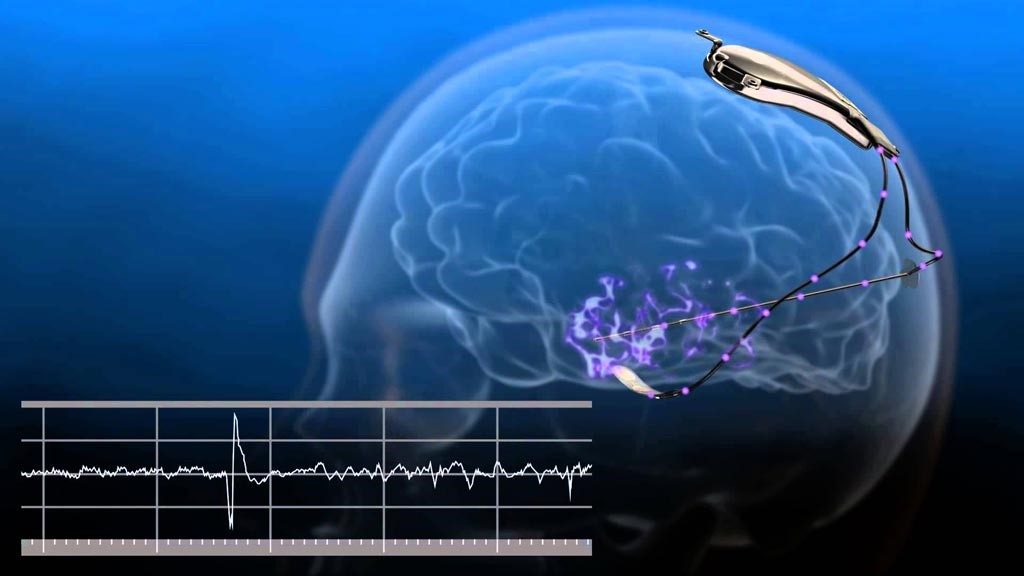In recent years, the landscape of mental health treatments has experienced a remarkable transformation, driven by advances in science, technology, and a growing understanding of the human mind. As mental health issues continue to rise globally, the demand for innovative and effective treatments has never been more urgent. This article explores the latest developments in mental health treatments and what the future holds for this critical field.
The Evolving Understanding of Mental Health
Mental health treatments have come a long way from the days of asylums and rudimentary interventions. Today, there is a more nuanced understanding of mental health conditions, recognizing them as complex interplay between genetics, environment, and individual experiences. This evolving understanding has paved the way for more personalized and effective treatments.
Precision Medicine in Mental Health
One of the most promising developments in mental health treatments is the application of precision medicine. Precision medicine tailors medical treatment to the individual characteristics of each patient. In mental health, this approach involves using genetic information, biomarkers, and other data to customize treatment plans.
Genetic Testing
Genetic testing can identify specific genetic variations that may contribute to mental health conditions. For example, variations in the serotonin transporter gene have been linked to depression. By understanding these genetic factors, clinicians can prescribe medications that are more likely to be effective for individual patients, reducing the trial-and-error process often associated with psychiatric treatments.
Biomarkers
Biomarkers are measurable indicators of biological processes, and they are becoming increasingly important in mental health treatments. Researchers are identifying biomarkers associated with conditions like depression, anxiety, and schizophrenia. These biomarkers can help diagnose conditions more accurately and monitor treatment progress, allowing for more targeted and effective interventions.
Digital Therapeutics
The rise of digital technology has opened new avenues for mental health treatments. Digital therapeutics are evidence-based interventions delivered via digital platforms, such as smartphones and tablets. These treatments can be used independently or in conjunction with traditional therapies.
Mobile Apps
Mobile apps for mental health are becoming increasingly popular. These apps offer a range of features, from mood tracking and cognitive-behavioral therapy (CBT) exercises to mindfulness and meditation practices. Some apps even use artificial intelligence (AI) to provide personalized feedback and recommendations.
Virtual Reality (VR)
Virtual reality is emerging as a powerful tool in mental health treatments. VR can create immersive environments that help patients confront and manage their fears and anxieties. For instance, VR exposure therapy has shown promise in treating phobias and post-traumatic stress disorder (PTSD) by allowing patients to safely experience and process traumatic events.
Teletherapy
The COVID-19 pandemic accelerated the adoption of teletherapy, and it is likely to remain a staple in mental health treatments. Teletherapy offers the convenience of accessing therapy from home, making it more accessible to people with mobility issues or those living in remote areas. It also reduces the stigma associated with seeking mental health care.
Psychedelic-Assisted Therapy
Psychedelic substances, once relegated to the fringes of medical research, are now gaining recognition for their potential in mental health treatments. Substances like psilocybin (found in magic mushrooms) and MDMA (commonly known as ecstasy) are being studied for their therapeutic effects.
Psilocybin
Psilocybin has shown promise in treating depression, anxiety, and PTSD. Clinical trials have demonstrated that psilocybin-assisted therapy can lead to significant and lasting improvements in mental health. The substance appears to facilitate profound psychological insights and emotional breakthroughs, which can be transformative for patients.
MDMA
MDMA-assisted therapy is being explored primarily for PTSD treatment. Studies have shown that MDMA can enhance the therapeutic process by reducing fear and increasing trust and empathy. This allows patients to process traumatic memories more effectively.

Neurostimulation Techniques
Neurostimulation techniques involve using electrical or magnetic stimulation to modulate brain activity. These techniques are gaining traction as potential treatments for various mental health conditions.
Transcranial Magnetic Stimulation (TMS)
TMS uses magnetic fields to stimulate nerve cells in the brain. It is primarily used to treat depression, especially in patients who do not respond to traditional treatments. TMS has been shown to improve mood and reduce symptoms of depression with minimal side effects.
Deep Brain Stimulation (DBS)
DBS involves implanting electrodes in specific areas of the brain to regulate abnormal brain activity. While it is more invasive than TMS, DBS has shown promise in treating severe cases of depression and obsessive-compulsive disorder (OCD) that do not respond to other treatments.
Integrative and Holistic Approaches
There is a growing recognition of the importance of integrative and holistic approaches in mental health treatments. These approaches consider the whole person—mind, body, and spirit—and often combine conventional treatments with complementary therapies.
Mindfulness and Meditation
Mindfulness and meditation practices are increasingly being incorporated into mental health treatments. These practices can help reduce stress, improve emotional regulation, and enhance overall well-being. Programs like Mindfulness-Based Stress Reduction (MBSR) and Mindfulness-Based Cognitive Therapy (MBCT) have shown effectiveness in treating conditions like depression and anxiety.
Nutrition and Lifestyle
Emerging research suggests that diet and lifestyle play a crucial role in mental health. Nutritional psychiatry is an emerging field that explores the impact of diet on mental health. For example, a diet rich in omega-3 fatty acids, antioxidants, and fiber can support brain health and reduce the risk of mental health conditions. Additionally, regular physical activity, adequate sleep, and stress management are essential components of a holistic approach to mental health.
The Future of Mental Health Treatments
The future of mental health treatments is bright, with ongoing research and innovation promising more effective and personalized interventions. Here are some trends to watch:
Artificial Intelligence and Machine Learning
AI and machine learning are poised to revolutionize mental health treatments. These technologies can analyze vast amounts of data to identify patterns and predict treatment outcomes. AI-powered tools can assist clinicians in diagnosing conditions, monitoring progress, and adjusting treatment plans in real-time.
Integration of Mental and Physical Health Care
There is a growing recognition of the interconnectedness of mental and physical health. Future mental health treatments will likely involve more integrated care models, where mental health professionals work closely with primary care providers to address the holistic needs of patients.
Increased Access and Equity
Efforts are underway to make mental health treatments more accessible and equitable. Teletherapy, digital therapeutics, and community-based programs are helping to bridge the gap in mental health care access, particularly for underserved populations.
Conclusion
The field of mental health treatments is undergoing a transformative period, driven by advances in precision medicine, digital therapeutics, psychedelic-assisted therapy, neurostimulation techniques, and integrative approaches. These developments hold great promise for improving the lives of individuals struggling with mental health conditions. As research and innovation continue to unfold, the future of mental health treatments looks increasingly hopeful, offering more effective, personalized, and accessible care for all.




